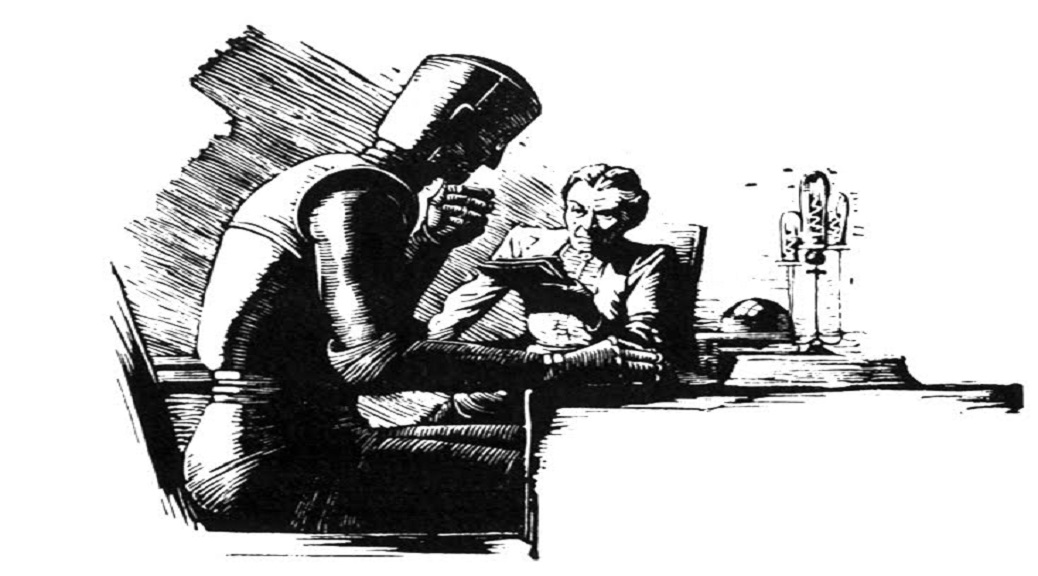This is the second part of a two-part post by Benjamin Vanlalvena, a final year law student at NALSAR University of Law. In this post, he critiques a recent judgement by the Supreme Court which allowed Magistrates to direct an accused to give voice samples during investigation, without his consent. Part 1 can be found…
Tag: Criminal Law
Compelled to Speak: The Right to Remain Silent (Part I)
This is the first part of a two-part post by Benjamin Vanlalvena, a final year law student at NALSAR University of Law. In this post, he critiques a recent judgement by the Supreme Court which allowed Magistrates to direct an accused to give voice samples during investigation, without his consent. Part II can be found…
Automated Facial Recognition System and The Right To Privacy: A Potential Mismatch
This post has been authored by Ritwik Sharma, a graduate of Amity Law School, Delhi and a practicing Advocate. In a quick read, he brings out the threat to privacy posed by the proposed Automated Facial Recognition System. On 28th June 2019, the National Crime Records Bureau (NCRB) released a Request for Proposal for…
The Equations of Bots and the Law, Part I : Crimes and Torts
(Image Source: http://sites.psu.edu/periodicpostulations/2012/09/12/little-lost-robot/) One of the most interesting news items to come through the interwebs recently was the ‘seizure’ of a certain ‘art experiment’ in Switzerland. The bot, sadly unimaginatively named Random Darknet Shopper, lived up to its name by buying items randomly from Darknet marketplaces (with Bitcoins, interestingly) and shipping them to a gallery…
